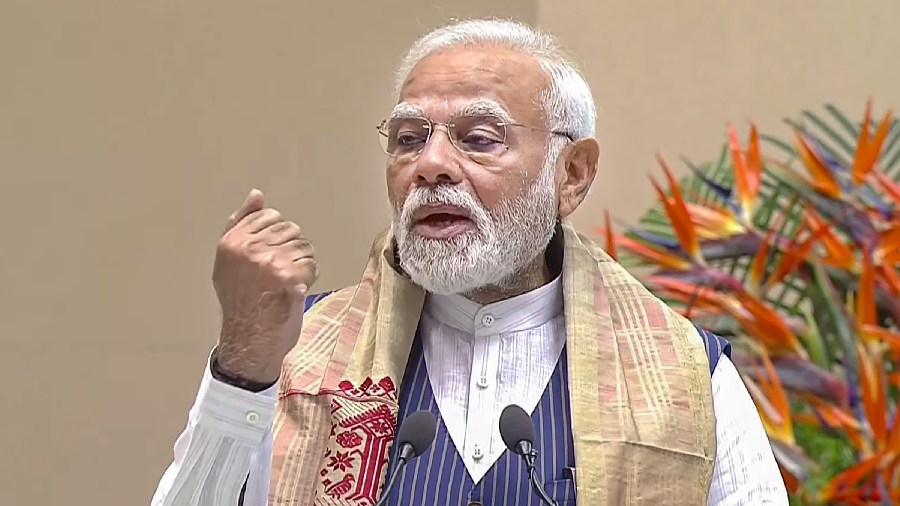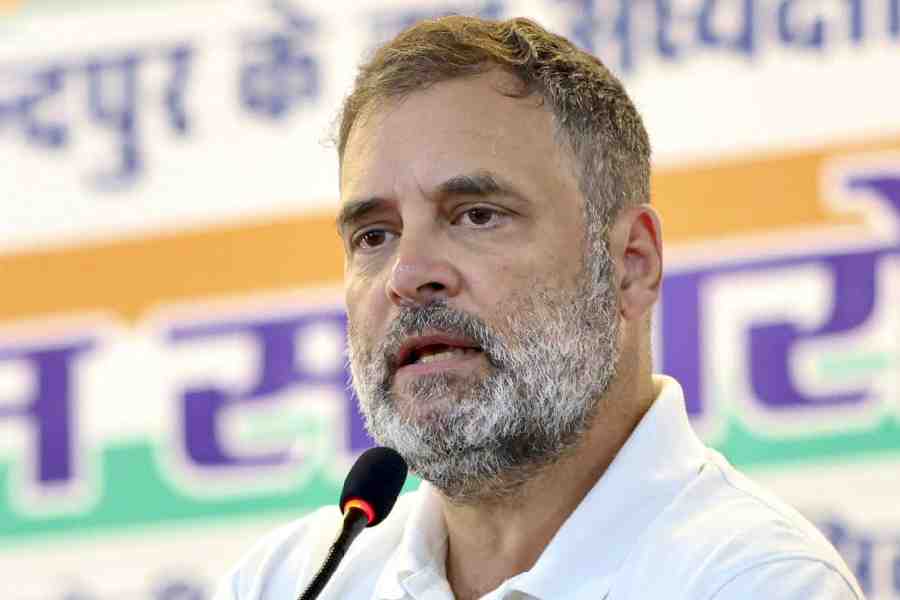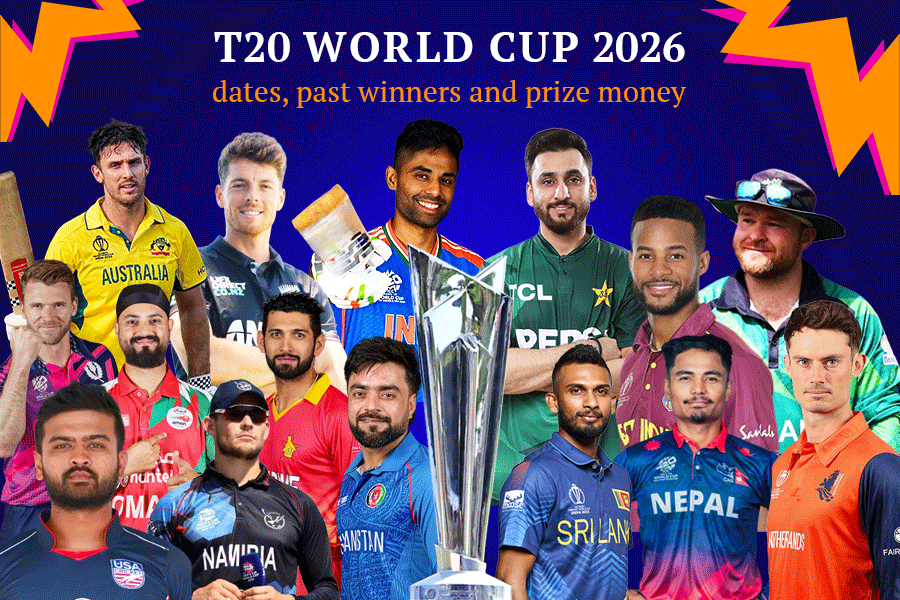Unity, uniqueness and diversity are just some of the strengths of India that the team of Prime Minister Narendra Modi has flagged in recent days as pillars on which the country’s presidency of the G20 will stand. As India takes the rotational leadership of the group of 20 major economies for the next year, these features of the country are indeed worth dwelling on. But equally, it is worth asking whether the government of Mr Modi respects and represents these values in its functioning domestically as much as it relies on them to project India’s soft power globally. There can be little doubt that India is one of the most diverse nations on the planet where languages, diets, clothing and traditions change every few hundred kilometres. The country has been host to people from every major religion for centuries, and has repeatedly sheltered victimised communities forced to leave their homes — whether from Europe under the Nazis, Tibet under communist China, or Afghanistan and Sri Lanka during their civil wars. Modern India is also a unique experiment — a diverse nation that gained independence in the aftermath of World War II, embraced democracy, and has never had a coup or military dictatorship since.
Yet Mr Modi’s government’s own track record domestically has not always been aligned with these facets of Indian history and culture. The Bharatiya Janata Party, in the states it rules, has — directly through laws and rules and indirectly through affiliated right-wing mobs — tried to dictate what people can and cannot eat. It speaks of unity but enacts laws, such as the amendment to India’s citizenship law, that expressly differentiate between people on the basis of their religion. Irrespective of Mr Modi’s government’s intentions, there can be little doubt that large sections of India’s religious minorities — especially Muslims — feel more insecure today than they have under previous governments. Kashmiris are more alienated from the rest of India than they have been in several years. Mr Modi has broken decisively with India’s long tradition of welcoming those most in need of shelter, with New Delhi’s treatment of Rohingya refugees from Myanmar.
When it comes to India’s global image, however, Mr Modi and his team repeatedly reference the values that they have forsaken at home. That is a reminder of the fact that around the world, respect for India stems from the legacy of its historic role as a peace-loving, diverse democracy — not from the militaristic, jingoistic version of nationalism that Mr Modi’s regime propagates. It is also a marker of how the Indian government will be under greater scrutiny over the next year from the international community. Unless Mr Modi wants India’s G20 presidency to be overshadowed by controversy, his government will need to rethink its approach to India and the country’s civilizational values, which it often touts but rarely lives up to. With the whole world watching, hollow words will not be enough.











